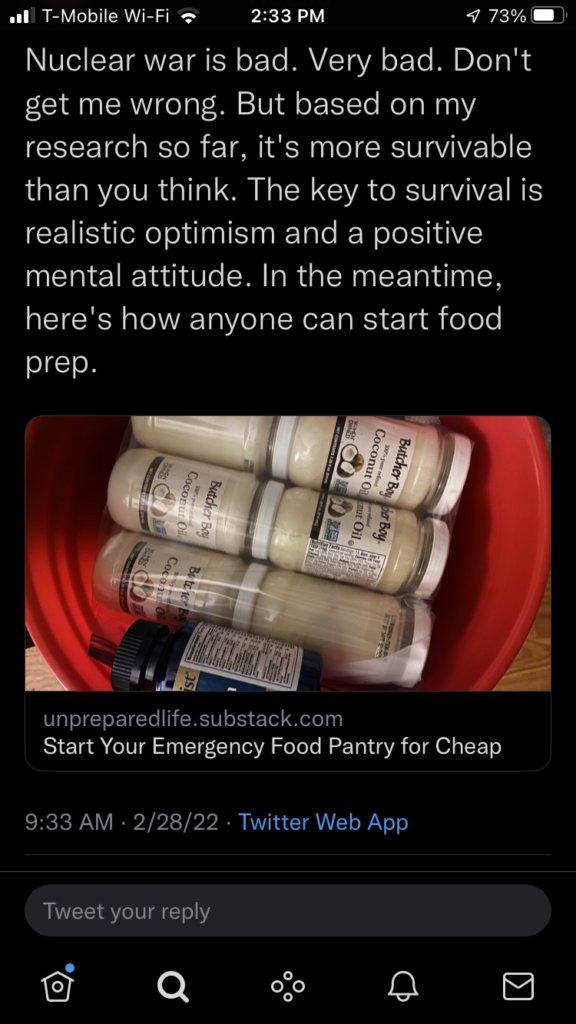I have a long-standing appointment on Monday. It’s had the same Zoom link for almost two years now. A function of pandemic necessity has made this link one of the anchors of my calendar.
It wasn’t working today. I got on at 415pm and was faced with a “host is in other meeting” sign. I thought ok whatever I’ll wait. But then I started to blame myself. Maybe I got the link wrong? I went back to my calendar and clicked in. Still wasn’t working. Let me reboot the application. Still isn’t working.
Needless to say my mind kept winding itself up about all the ways in which this minor technical hangup was obviously my fault. This despite any significant amount of evidence that it was in fact a mistake or error on my part.
And it’s just a fascinating thing to see how much I’m willing to accept all of the blame for something. Even in an instance where I bear no responsibility at all for the outcome. I suspect I’m not alone in this. The feminine urge to apologize is a punch line. Hell it just made it into Saturday Night Live joke this week. Ironic as Lizzo was hosting and she is one of the least apologetic woman I’ve ever seen.
I’d like to think it’s a kind of small narcissism that drives these obsessions with being at fault. To think that we have so much power everything that has gone wrong must be directly attributable to our actions. Except women being gluttons for punishment couldn’t ever enjoy the fun kind of narcissism where everything is a function of your genius. I’d love that on the next lifetime if I’m honest.
